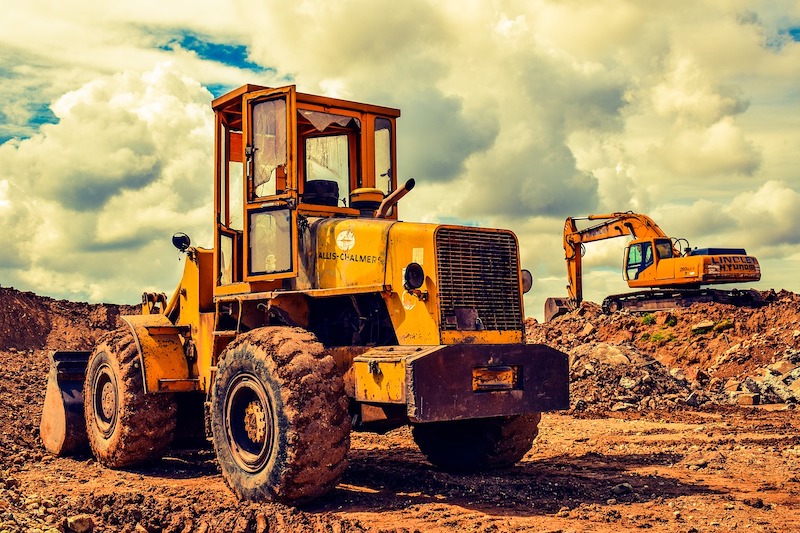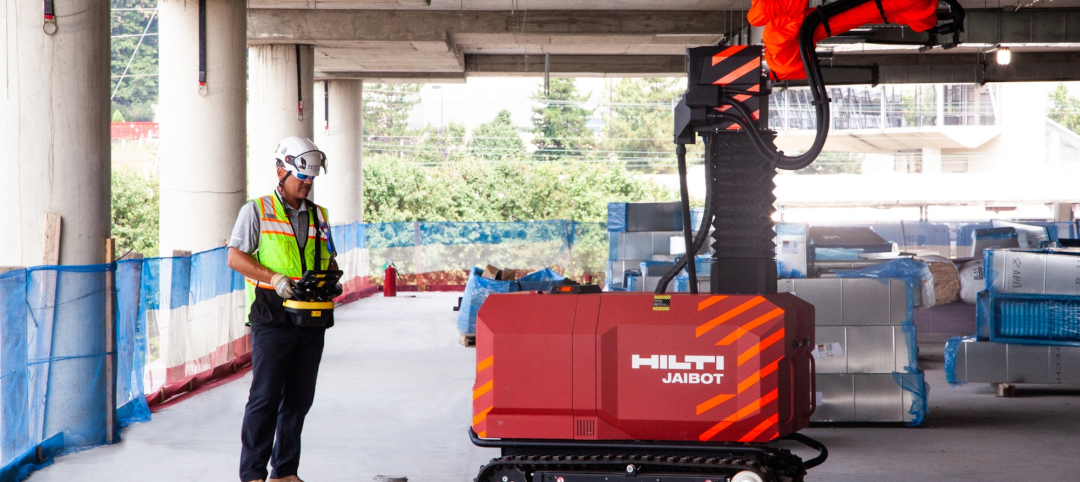Thirty-nine percent of contractors report that project owners have halted or canceled current construction projects amid deteriorating economic conditions, according to a survey released today by the Associated General Contractors of America. Association officials warned that these cancellations mean massive job losses are likely soon unless Congress passes targeted recovery measures to boost infrastructure funding, compensate firms for lost or delayed federally funded work and provide needed pension relief. The project cancellations are particularly severe in light of new data showing that 42 states added construction jobs through February.
“The abrupt plunge in economic activity is taking a swift and severe toll on construction,” said Ken Simonson, the association’s chief economist, noting that only 18% of respondents have been ordered to halt work by elected officials. “The sudden drop in demand stands in sharp contrast to the strong employment levels this industry was experiencing just a few weeks ago.” Click here for additional video comments from Mr. Simonson.
In the association’s latest online survey, conducted between March 23 and 26, 45% of the 1,640 respondents reported experiencing project delays or disruptions. Shortages of material, parts and equipment, including vital personal protective equipment for workers such as respirators, were reported by 23% of respondents. Eighteen percent reported shortages of craftworkers, while 16% said projects were delayed by shortages of government workers needed for inspections, permits and other actions. Thirteen percent said delay or disruption had occurred because a potentially infected person had visited a jobsite.
The survey also found that 35% of firms said suppliers had notified them or their subcontractors that some deliveries would be delayed or canceled, the economist added. He noted that only 22% reported similar supply chain challenges last week. That survey was conducted between March 17-19. However, 8% of firms did report they have added new work expanding health care and other facilities needed to respond to the growing health crisis.
In contrast to the rapidly deteriorating current market conditions, the association also released new construction employment data showing that most states – 42 – added construction jobs between February 2019 and February 2020. Industry employment declined over the year in eight states and the District of Columbia. From January to February, 37 states and D.C. added construction jobs, while 11 states shed jobs and two states had no change.
Association officials warned that while the coronavirus relief measure scheduled for a vote in the House today will provide some immediate help for construction workers and their employers, Congress must do more to protect high-paying construction jobs. They said new investments in infrastructure, relief from losses incurred on delayed or canceled federally funded projects and protections for multi-employer pensions will help the industry recover from the economic impacts of the pandemic.
“The steps firms are taking to protect workers from the coronavirus unfortunately won’t be enough to save many of them from the economic damage the pandemic is creating,” said Stephen E. Sandherr, the association’s chief executive officer. “Construction workers and employers need more than a lifeline, they need a recovery plan.”
View the state employment data, rankings, and map. View AGC’s coronavirus resources and survey.
Related Stories
Augmented Reality | Jan 27, 2023
Enhancing our M.O.O.D. through augmented reality therapy rooms
Perkins Eastman’s M.O.O.D. Space aims to make mental healthcare more accessible—and mental health more achievable.
K-12 Schools | Nov 30, 2022
School districts are prioritizing federal funds for air filtration, HVAC upgrades
U.S. school districts are widely planning to use funds from last year’s American Rescue Plan (ARP) to upgrade or improve air filtration and heating/cooling systems, according to a report from the Center for Green Schools at the U.S. Green Building Council. The report, “School Facilities Funding in the Pandemic,” says air filtration and HVAC upgrades are the top facility improvement choice for the 5,004 school districts included in the analysis.
Giants 400 | Nov 14, 2022
4 emerging trends from BD+C's 2022 Giants 400 Report
Regenerative design, cognitive health, and jobsite robotics highlight the top trends from the 519 design and construction firms that participated in BD+C's 2022 Giants 400 Report.
Healthcare Facilities | Jun 20, 2022
Is telehealth finally mainstream?
After more than a century of development, telehealth has become a standard alternative for many types of care.
Coronavirus | May 20, 2022
Center for Green Schools says U.S. schools need more support to fight COVID-19
The Center for Green Schools at the U.S. Green Building Council released a new report detailing how school districts around the country have managed air quality within their buildings during the second year of the COVID-19 pandemic.
Industry Research | Mar 9, 2022
Survey reveals five ways COVID-19 changed Americans’ impressions of public restrooms and facilities
Upon entering the third year of the pandemic, Americans are not only more sensitive to germs in public restrooms, they now hold higher standards for the cleanliness, condition and technology used in these shared spaces, according to the annual Healthy Handwashing Survey™ from Bradley Corporation conducted in January.
Codes and Standards | Feb 21, 2022
New standard for ultraviolet germicidal irradiation
The Illuminating Engineering Society (IES) recently introduced the standard, ANSI/IES RP-44-21 Recommended Practice: Ultraviolet Germicidal Irradiation.
Coronavirus | Jan 20, 2022
Advances and challenges in improving indoor air quality in commercial buildings
Michael Dreidger, CEO of IAQ tech startup Airsset speaks with BD+C's John Caulfield about how building owners and property managers can improve their buildings' air quality.
Coronavirus | Jul 20, 2021
5 leadership lessons for a post-pandemic world from Shawmut CEO Les Hiscoe
Les Hiscoe, PE, CEO of Shawmut, a $1.5 billion construction management company headquartered in Boston, offers a 5-point plan for dealing with the Covid pandemic.
Resiliency | Jul 15, 2021
A new report urges federal investment in healthier buildings
The National Institute of Building Sciences also calls for code changes and greater cooperation between building owners and the AEC community.

















